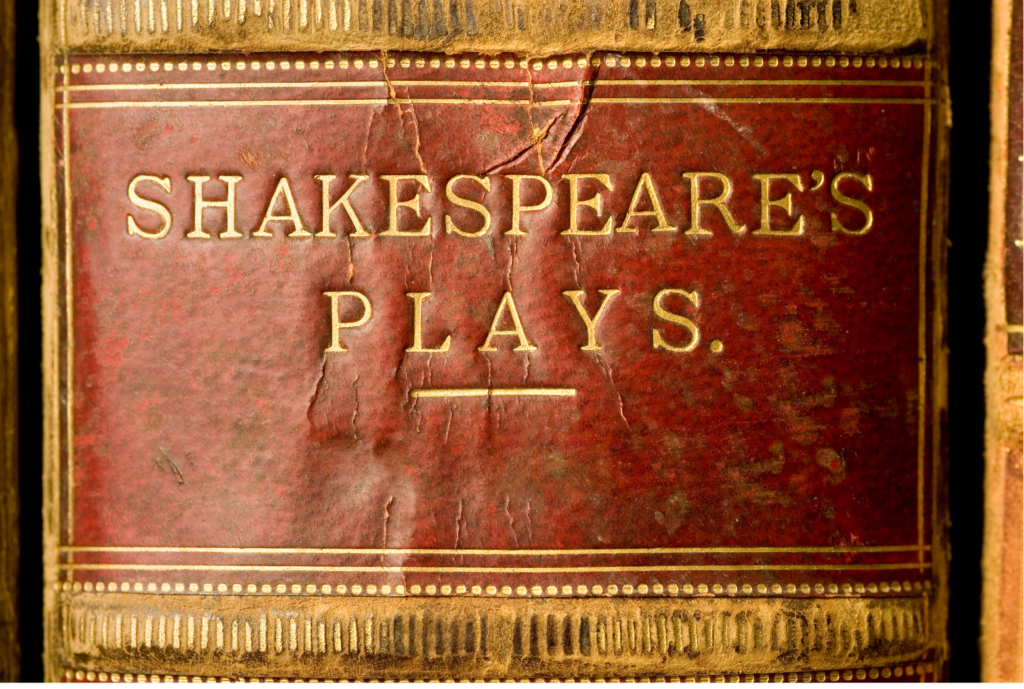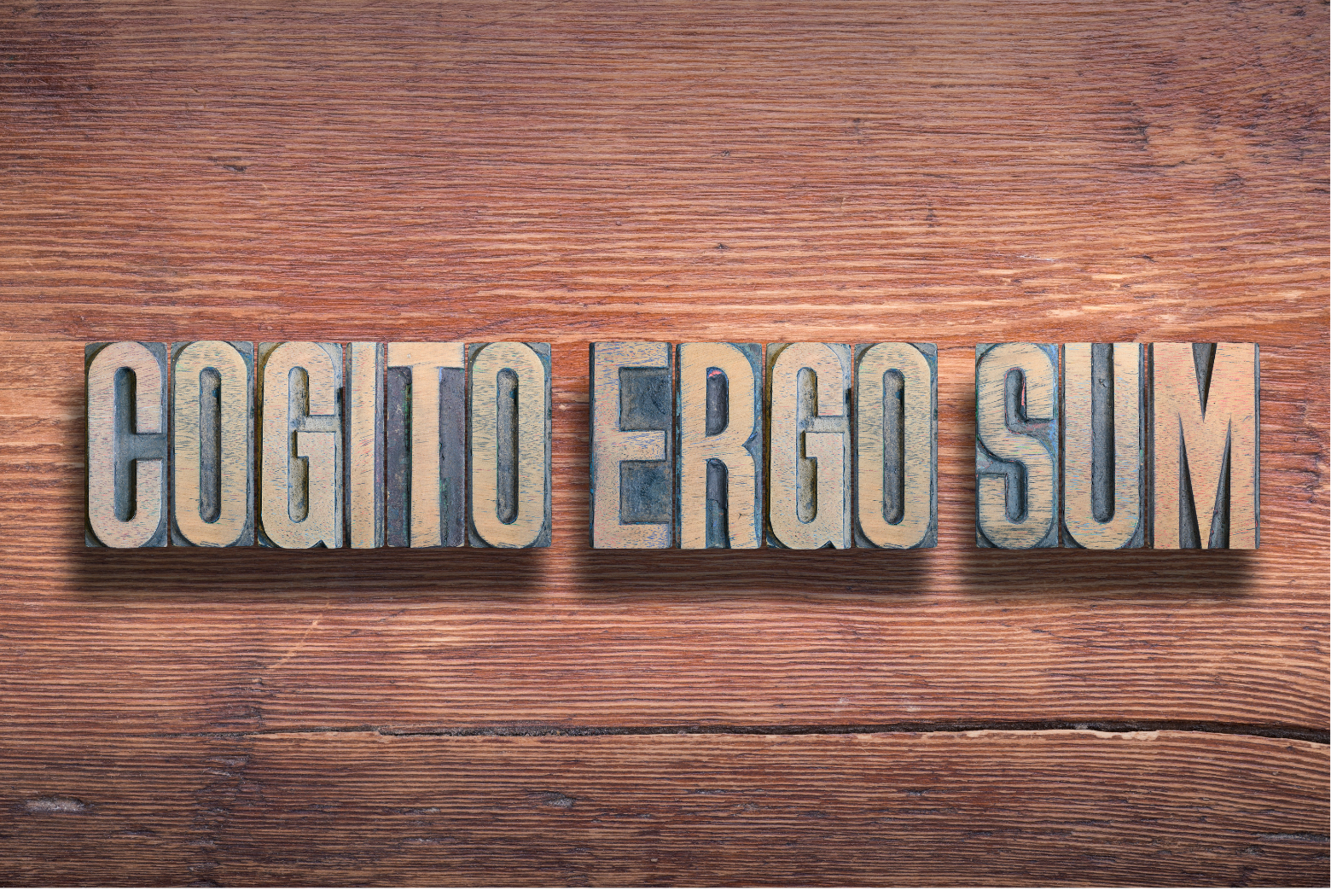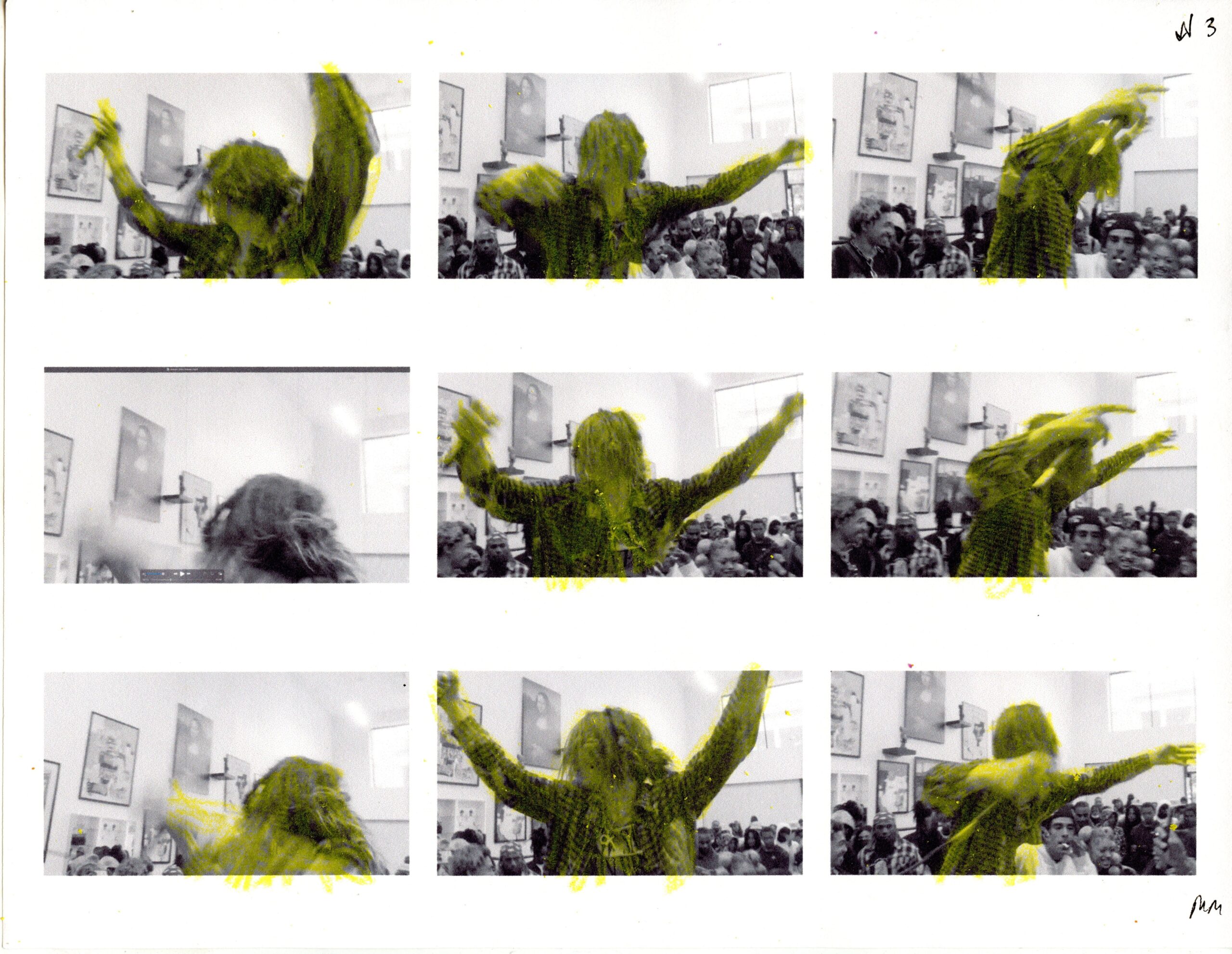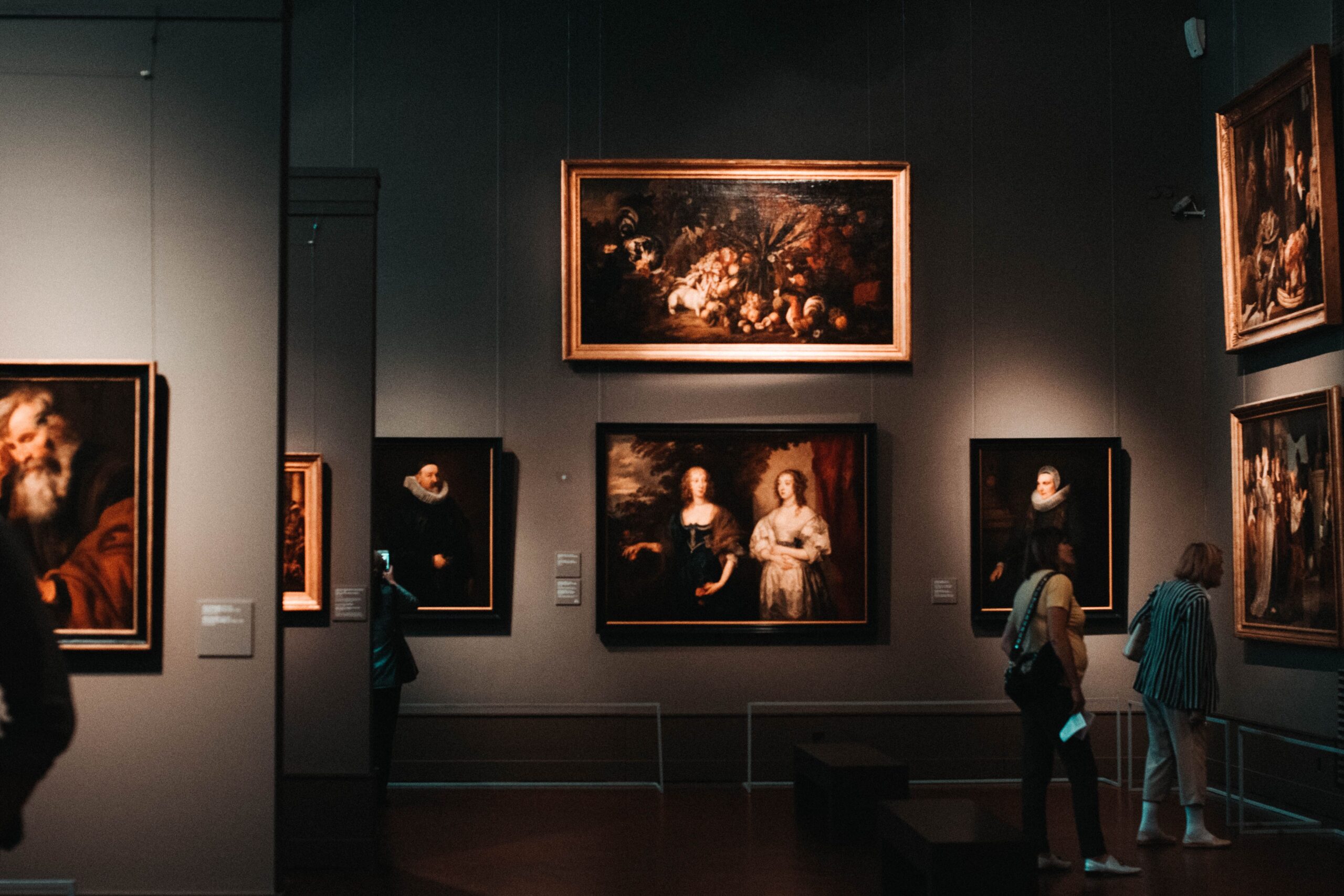
Spring 2024
Course offerings for the Spring 2024 term include selections in History, Literature, Music, Philosophy, Social Sciences, and Writing.
Courses may take place in person, on Zoom, or in a hybrid format where participants can choose whether to participate in person or on Zoom for the same course. The location listings on this page will remain up-to-date.
CLASSICS
No Classics courses scheduled for Spring 2024.
LITERATURE
Shakespeare in the Spring
6 weeks, Tuesdays, 1:30 to 3:30 p.m.
**Atwater or Online**
The 2024 Season of the Stratford Festival will feature, among other plays, tragic and comic takes on love: Shakespeare’s Romeo and Juliet and Twelfth Night. This six-session course will explore these plays through close readings of the texts, film clips from previous productions, and interpretations by Northrop Frye and other critics. Join us for our annual excursion into the world of Shakespeare.

The Spirit of the Sixties
12 weeks, Thursdays, 1:30 to 3:30 p.m.
**Online**
The 1960s was a turbulent era of great social change as well as a revolution in consciousness. It was a time when the growth of a counter-culture and an anti-establishment phenomenon pervaded much of North American society. Through the Civil Rights, Women’s Liberation, Anti-Vietnam, and Free Speech movements, to the Sexual Revolution, the very foundations of society were challenged and its culture forever altered. The ’60s galvanized the youth of that time to question the precepts and values of North America and to offer a counter by positing a lifestyle and philosophy that was radical in its rejection of the norms.
Throughout this course, we will ask questions like: What were the concerns and possible ideologies at the heart of each movement? What positive things came out of that decade in terms of social changes; values; and culture, particularly music? Were the changes that came about abiding or limited by having been born of youthful idealism? Was the radicalness of the ’60s ultimately necessary to affect change? Is our current society better for what the youth movements of the ’60s sought to accomplish, or is a reflection on the spirit of the ’60s little more than nostalgia for the past?

PHILOSOPHY
Descartes’ Search for Certainty
12 weeks, Wednesdays, 1:30 to 3:30 p.m.
**Atwater **
Descartes was a man of his time. Born in 1596, he lived in that turbulent time when the forces set in motion by the Renaissance were slowly giving birth to the Modern world. Throughout European culture there was a move to detach human affairs from the authority of the Church and recentre them in the secular world. Political theorists were actively working to base political authority in the notion of a “social contract” rather than “Divine Right”; even the Reformation was a movement to ground religion in the personal relation between God and the individual. Natural science and philosophy were no exception—both trying to establish their autonomy from the Church and ground their claims to knowledge on something other than Divine revelation and Church doctrine. Natural science chose direct observation as its ground, and many philosophers opted to follow its lead. Descartes, an eminent mathematician, wanted a foundation more certain and reliable than sense experience. In a series of six meditations Descartes applied his skeptical methodology to examine all candidates for an unshakeable foundation for knowledge and arrived at his famous cogito ergo sum.
In this course we will situate Descartes in his time, and then trace his journey through his Meditations on First Philosophy, as he attempts to reconstruct knowledge of the world on his unshakeable foundation. But is his foundation truly unshakeable?

SOCIAL SCIENCES
Awakening to the Wildness Where We Live
12 weeks, Thursdays, 6:15 to 8:15 p.m.
**Atwater**
Wildness is not an all-or-nothing proposition. There are variations ranging from the sunflower pushing through a crack in a city alley, to the cultivated soils of a watershed cooperative to thousands of acres of multigenerational forest.
-Gavin Van Horn
What happens when we awaken to the wildness that surrounds us and recognize our place within it? We don’t usually think about an urban landscape as being as wild as those natural pristine places that we go to experience the wonders of nature. But, as William Cronon suggested, there are problems associated with imagining that this experience of wonder “is limited to remote landscapes or is somehow dependent on pristine landscapes we ourselves do not inhabit.” Idealizing only a distant, awe-inspiring wilderness too often means disconnecting from the wildness of the nature around us, the places where we live. By rethinking our ideas about wilderness, could we hope to reconnect to landscapes where we are very present, such as the urban landscape? Do we consider Gary Snyder’s invitation to practise the wild in the place where we live?
In this course we will explore what it means to practise the wild in the place where we live. How do we understand wilderness, wildness, wild, and our place as humans within these spaces?

WRITING
“We call upon the author to explain”: a poetry workshop series
6 weeks, Tuesdays, 6:15 to 8:15 p.m.
**Atwater**
Rampant discrimination
Mass poverty, third world debt
Infectious disease, global inequality
And deepening socio-economic divisions
Well, it does in your brain
We call upon the author to explain
-Nick Cave, We Call Upon the Author to Explain
Can we write poetry to make sense of the chaos of the world? How can we address, explore, explain the questions of the age? Can we shape our writing to find coherence? Can we find communion with each other through expression?
Come prepared to write.

GATINEAU
L’intelligence artificielle: qu’est-ce qui se prépare?
8 semaines, les mardis, 19h00 à 21h00
**Gatineau**
Où en est l’intelligence artificielle?
Quel impact aura la technologie ChatGPT dans le domaine de l’enseignement?
Comment évaluer l’équilibre à assurer entre l’intelligence artificielle et l’intervention humaine chez les professionnels de la médecine, de la traduction et du droit?
Comment est-il possible de contrer les dangers que représente l’hypertrucage (deepfake) pour la démocratie ou la vérité de l’information?
Quelles leçons pouvons-nous tirer des expériences d’implants insérés dans le cerveau et reliés à des ordinateurs (notamment par l’entreprise Neuralink)?
Quelles visions de la conscience humaine sont en jeu dans notre relation avec l’intelligence artificielle?

TMI AND OUR CITY
Looking at Art
4 weeks, Wednesdays, 10:00 a.m. to 12:00 p.m.
**Online**
For many people, going to a museum and talking about the art they see can be a daunting experience. Have you ever looked at a work of art and wanted to understand it better, but felt ill-equipped to do so? The purpose of this short course is to get participants to feel more comfortable speaking about art by helping them interpret what they are looking at and explaining how their gaze is being directed by the artist. In the first three classes, participants will learn a few basics by looking at examples of art from the medieval through Renaissance periods. The last class will take place at the Montreal Museum of Fine Arts. Here, in a guided exercise, participants will be asked to apply what they have learned to a work of art, and to present their observations to the rest of the group.

Put a Spring in Your Step with TMI
4 weeks, Thursdays, 10:00 a.m. to 12:00 p.m.
**COURSE FULL** Thank you for your interest!
Join us for a four-week course that will take us on a walking tour of various Montreal neighbourhoods. We will take in the sights, sounds, and smells of several Southwestern boroughs as we meander through their streets. Come discover public art, historical sites, and tasty treats from popular local eateries. We will prepare for our walks by reading up on interesting facts and fiction about the following areas: Saint-Henri, Little Burgundy, Pointe-St-Charles and Verdun. For convenience, we will start and end our walks at a Metro station. The walks will run from 10:00 am to 12:00 pm, rain or shine.

Questions? Stuck? Give us a call at (514) 935-9585
or email us at info@thomasmore.qc.ca
or email us at info@thomasmore.qc.ca
